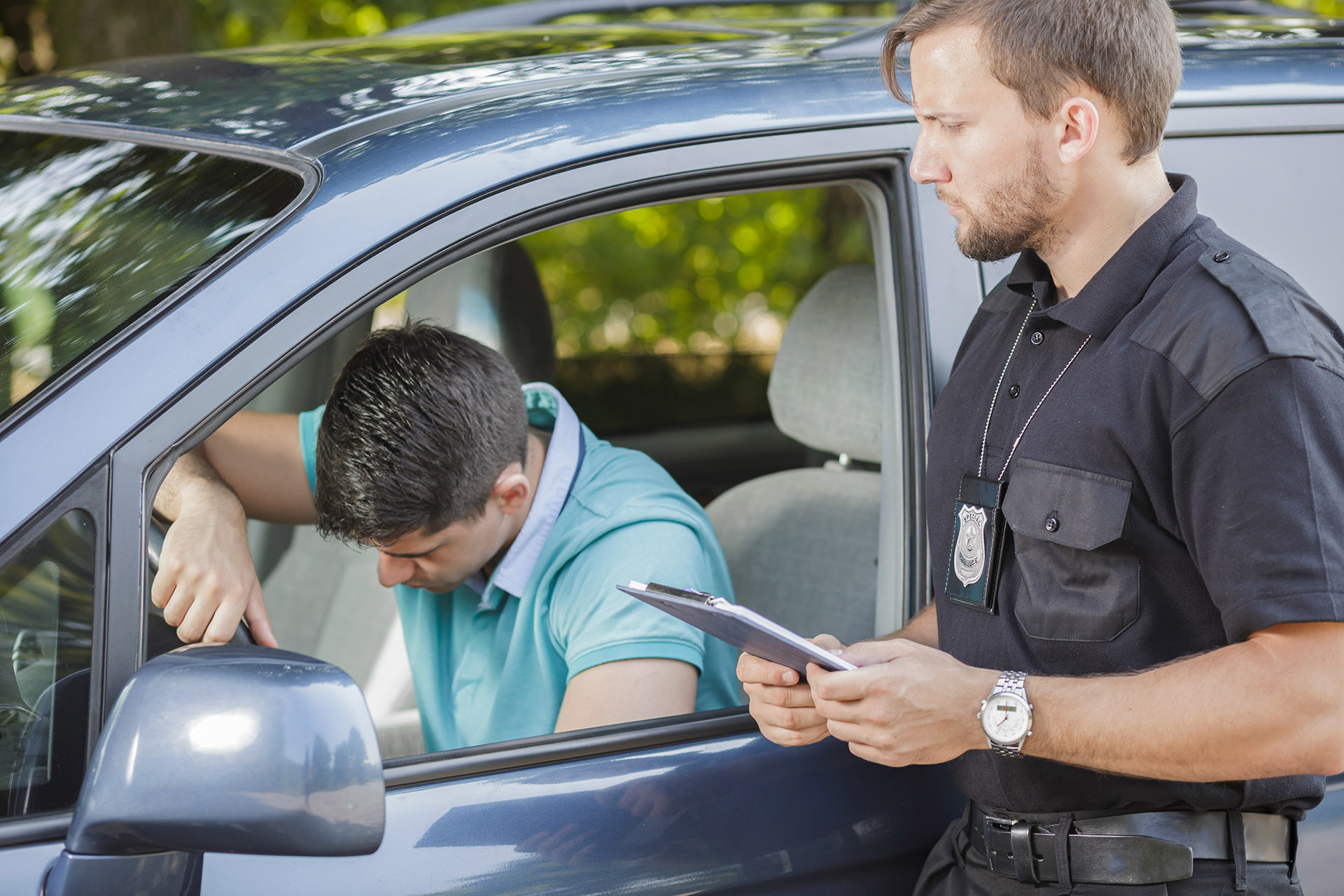Driving under suspension isn’t just a minor traffic violation—it represents a legal obstacle that often leads to steep penalties, financial instability, and even incarceration. Whether your license got suspended because of unpaid traffic fines, a DUI conviction, or simply forgetting a court date, getting caught behind the wheel afterward makes your situation significantly more difficult. In this guide to navigating driving under suspension legal challenges effectively, we’ll uncover what the law entails, why so many people end up in this predicament, and what you can do to respond wisely.
To make this complex topic easier to grasp, we’ll use real-life scenarios, unpack legal language, and walk through options for defending yourself. Instead of just hitting you with dry legalese, we’ll connect the dots in a way that helps you avoid mistakes and take back control of your driving rights.

What Does Driving Under Suspension Actually Mean?
To fully grasp what it means to be driving under suspension, you need to understand that it isn’t about whether you’re a safe driver. It’s about legal status. If your license is suspended—whether you knew it or not—and you operate a vehicle, you’re committing a violation in most states that could lead to serious criminal charges.
Some people assume that a suspended license means “driving is discouraged.” But legally speaking, it’s not just discouraged—it’s prohibited. The courts consider this a direct disregard of a legal order. That’s why the consequences are so steep.
Let’s say your license was suspended because of an unpaid speeding ticket or because you failed to renew it after a DUI arrest. You think you’ll just drive to work or the store “real quick” and not get caught. But then you’re pulled over. Maybe your brake light’s out. Maybe you’re just unlucky. Whatever the reason, you’re now facing a criminal charge that could affect your job, your insurance, and your future.
Real-Life Example: Jasmine’s Unlucky Day
Let’s look at a case that happens more often than you’d think. Jasmine, a 33-year-old mother of two, had no idea her license was suspended due to overdue child support. Though she received a notice in the mail, her busy life—two jobs, daycare pickups, and managing bills—left her no time to check it.
One Friday morning, Jasmine got pulled over on her way to drop off her son. The officer ran her license, discovered the suspension, and placed her under arrest. Jasmine was stunned. She wasn’t speeding. She hadn’t even known her license had issues.
Regardless of intent, she now faced charges for driving under suspension—a criminal offense. This charge appeared on her record, came with heavy fines, and put her at risk of jail time. What could’ve been solved by early action now required a legal battle.
Common Reasons People Drive With a Suspended License
Understanding why people end up driving on a suspended license helps explain why navigating driving under suspension legal challenges effectively is so critical. Below are some of the most common causes:
1. Unpaid Traffic Tickets or Court Fees
When someone neglects to pay a traffic ticket, their state’s Department of Motor Vehicles may automatically suspend their license. Since no arrest occurs at that moment, many people don’t realize the suspension happened until it’s too late.
2. DUI or DWI Convictions
Drunk or impaired driving typically leads to automatic suspension. Depending on the severity and whether it’s a first-time offense, the length of that suspension can vary from months to years.
3. Failure to Appear in Court
Missed a scheduled court date? That alone can lead to an automatic suspension and even a bench warrant. Often, a simple misunderstanding or overlooked notice starts a legal snowball.
4. Driving Without Insurance
Some states suspend licenses if drivers fail to provide proof of insurance. One accident or routine traffic stop can expose the issue and result in immediate consequences.
5. Too Many Points on Your Record
Traffic violations add up. Accumulate too many points in a short period, and the state will take your license—sometimes without much warning.
6. Delinquent Child Support
In several jurisdictions, unpaid child support results in automatic license suspension. You don’t even need a driving offense for this to happen.
Fortunately, identifying the specific reason for your suspension helps tailor your legal defense. In many instances, resolving the root issue—whether it’s paying off debt or addressing insurance coverage—can lessen the penalties or lead to case dismissal.
Charges and Penalties for Driving Under Suspension
The severity of a driving under suspension charge depends on your prior history, the cause of your suspension, and whether other offenses occurred during the incident.
First-Time Offenders
For many people, the first offense is treated as a misdemeanor. However, the term “misdemeanor” shouldn’t fool you. These consequences are far from minor:
- Fines that can reach $1,000
- Jail time that may last up to six months
- An extension of your license suspension
- Points added to your record
- Insurance premium hikes
Repeat Offenders
If you’ve already been charged with driving under suspension once, expect harsher treatment on a second or third violation:
- Fines up to $2,500
- Mandatory jail sentences
- Probationary periods
- Vehicle impoundment
- A criminal record that could limit job prospects
Suspension Tied to DUI Offenses
Driving under suspension after a DUI compounds the problem significantly:
- You may facefelony charges
- Your license could be revoked indefinitely
- Courts often mandate alcohol treatment programs
- You might need to install an ignition interlock device
As you can see, the penalties increase rapidly based on your driving and legal history. Understanding these risks is crucial to navigating driving under suspension legal challenges effectively.
Legal Defenses Against Driving Under Suspension Charges
Not all cases end with a conviction. If you’re facing charges, several legal defenses may apply. Knowing your rights helps you take the right action at the right time.
You Were Unaware of the Suspension
If you never received notice or the DMV failed to mail your suspension paperwork, your attorney could argue that you lacked intent, potentially reducing or dismissing the charge.
Administrative Mistakes Occurred
Errors do happen. If your license was suspended by mistake—perhaps due to a technical glitch or data entry problem—a lawyer can present evidence and request case dismissal.
Emergency Circumstances
Did you drive because of a medical emergency or another urgent situation? Courts sometimes consider this a valid reason, especially if your actions prevented harm.

You Weren’t Driving
Some people get charged when they weren’t even behind the wheel—maybe sitting in the car waiting for someone. If you weren’t driving, your lawyer can dispute the claim and seek dismissal.
These defenses don’t guarantee success, but they certainly improve your odds. Hiring a knowledgeable attorney plays a major role in navigating driving under suspension legal challenges effectively and avoiding long-term damage.
Court Process: What You Should Expect
Facing a driving under suspension charge brings you into the legal system. Knowing the general court timeline helps reduce stress and prepares you for what lies ahead.
Citation or Arrest
After you’re stopped, the officer may either write you a citation or place you under arrest, depending on the circumstances and your record.
Arraignment
This first appearance gives the court a chance to officially charge you. At this stage, you’ll enter a plea—guilty, not guilty, or no contest.
Pre-Trial Motions
Your lawyer may file motions to suppress certain evidence or argue procedural violations, potentially changing the case’s direction.
Plea Deal or Trial
In most cases, prosecutors offer plea bargains. These deals may include reduced penalties. However, if no deal is accepted, your case proceeds to trial.
Sentencing
If you’re convicted, the court decides your punishment based on your criminal history, the reason for your suspension, and whether aggravating factors were involved.
This process can seem overwhelming, but with proper legal representation, you can move through it with confidence and control.
Long-Term Consequences That Often Get Overlooked
Many people only focus on court fines or possible jail time, forgetting that driving under suspension has long-term effects on daily life.
Employment Hurdles
A criminal conviction may disqualify you from jobs—especially those involving transportation, deliveries, or security. Even general employers may take issue with the charge.
Insurance Premiums Spike
Insurance companies view suspended license charges as high-risk behavior. If your provider doesn’t cancel your coverage, expect a major increase in your monthly rates.
Transportation Challenges
Without a valid license, getting to school, work, or appointments becomes difficult. Relying on others or public transportation may not always be feasible.
That’s why navigating driving under suspension legal challenges effectively requires more than just showing up to court. You’ll need a recovery plan to restore your mobility and reputation.
Key Steps to Take After Being Charged
If you’re currently facing a charge for driving under suspension, here’s what you should do immediately:
- Consult an Attorney – Don’t wait. The earlier you hire a qualified defense lawyer, the more options you’ll have.
- Gather Documents – Collect court notices, past violations, proof of insurance, and any documentation that supports your case.
- Understand Why Your License Was Suspended – This will guide your strategy and help you target the underlying issue.
- Take Corrective Action – Pay off outstanding tickets or attend required programs. Courts appreciate when defendants show initiative.
- Stop Driving – Until you get your license reinstated, avoid further violations. A second offense worsens your legal position dramatically.

These five steps build a strong foundation for reducing charges or penalties—and help you take control of your legal situation.
Final Thoughts: Know the Law, Respect the Process
When it comes to driving under suspension, the impact goes far beyond a traffic ticket. It can disrupt your job, your finances, and your long-term freedom. However, you don’t have to face these challenges blindly.
By understanding what led to your suspension, building a strong legal defense, and taking proactive steps, you can turn the situation around. With the right support and strategy, navigating driving under suspension legal challenges effectively is not only possible—it’s absolutely within your reach.
Let me know if you’d like to expand this with jurisdiction-specific examples or DMV reinstatement procedures.


